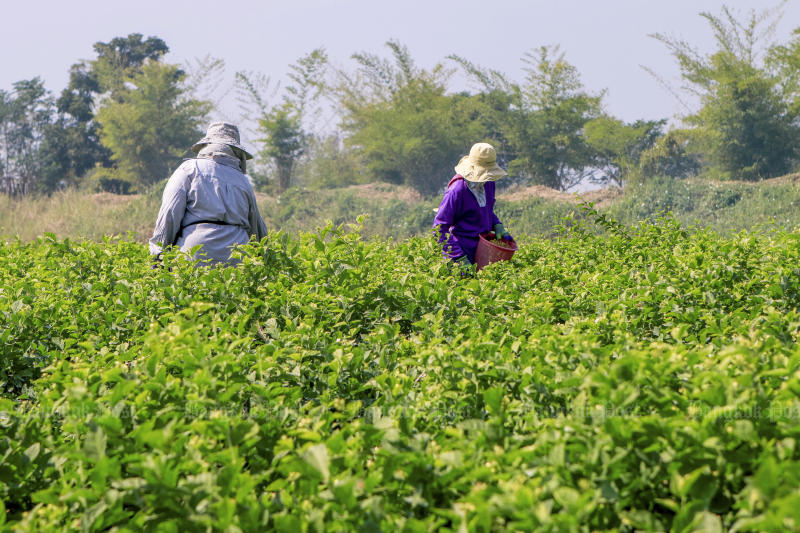
The Internal Trade Department approved on Friday local traders and suppliers increasing fertiliser prices in line with rising production costs, but the move is on a case-by-case basis, not across the board.
Wattanasak Sur-iam, director-general of the department, said the rate increase for each trader and supplier will not be identical because their production costs vary.
According to Mr Wattanasak, who met fertiliser entrepreneurs on Thursday, production costs have risen by as high as 36-49% over 2021 levels and nearly 100% above 2020 levels, primarily due to a sharp rise in global crude oil prices and the Russia-Ukraine war.
Thailand is a net importer of fertiliser, importing more than 5 million tonnes of fertiliser a year, with the main suppliers including the Middle East, China, Russia and Canada.
The Thai Fertilizer and Agricultural Supplies Association last Monday submitted a letter to the commerce minister, asking him to review the price-fixing policy and allow entrepreneurs to raise fertiliser prices in line with higher production costs.
According to Plengsakdi Prakaspesat, president of the association, fertiliser traders and producers have faced rising production costs since the end of last year, but have been unable to raise their prices accordingly because the government has fixed fertiliser prices and asked for cooperation from producers and traders to maintain their sales prices to alleviate the impact on farmers.
The domestic fertiliser market reached a crisis point after Russia, the world's biggest exporter of fertilisers, last week recommended its fertiliser producers temporarily halt exports.
This move is a sign the sanctions imposed on Russia after its invasion of Ukraine could have a global impact, according to Mr Plengsakdi.
Russia is a major producer of potash, phosphate and nitrogen-containing fertilisers, which are major crop and soil nutrients.
Russia produces more than 50 million tonnes of fertiliser a year, around 25% of global production.
Thailand imported 500,000 tonnes of fertiliser from Russia last year, using a port in Ukraine.
According to Mr Wattanasak, at Thursday's meeting the department also asked traders to speed up importing fertiliser as the new farming season starts over the next few months.







